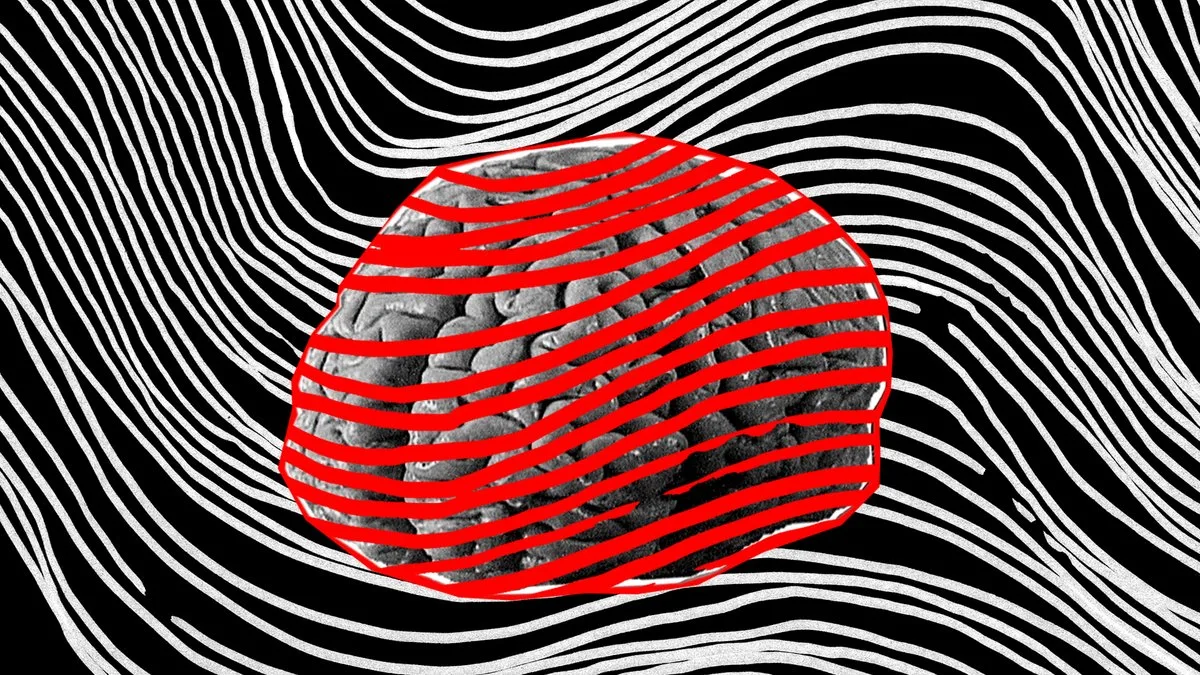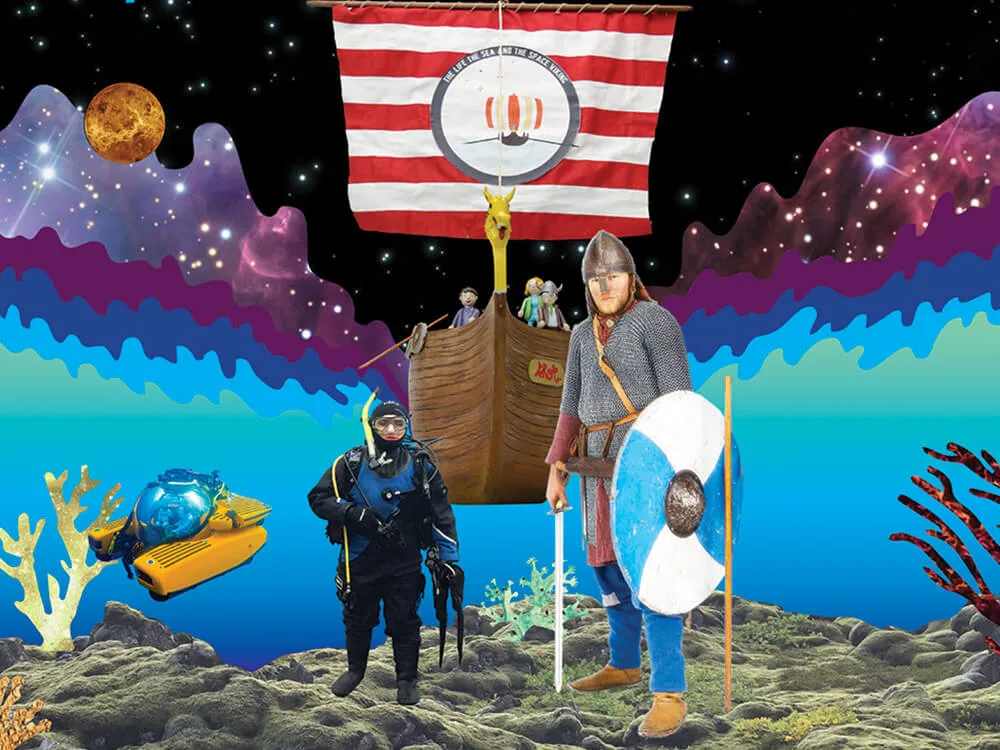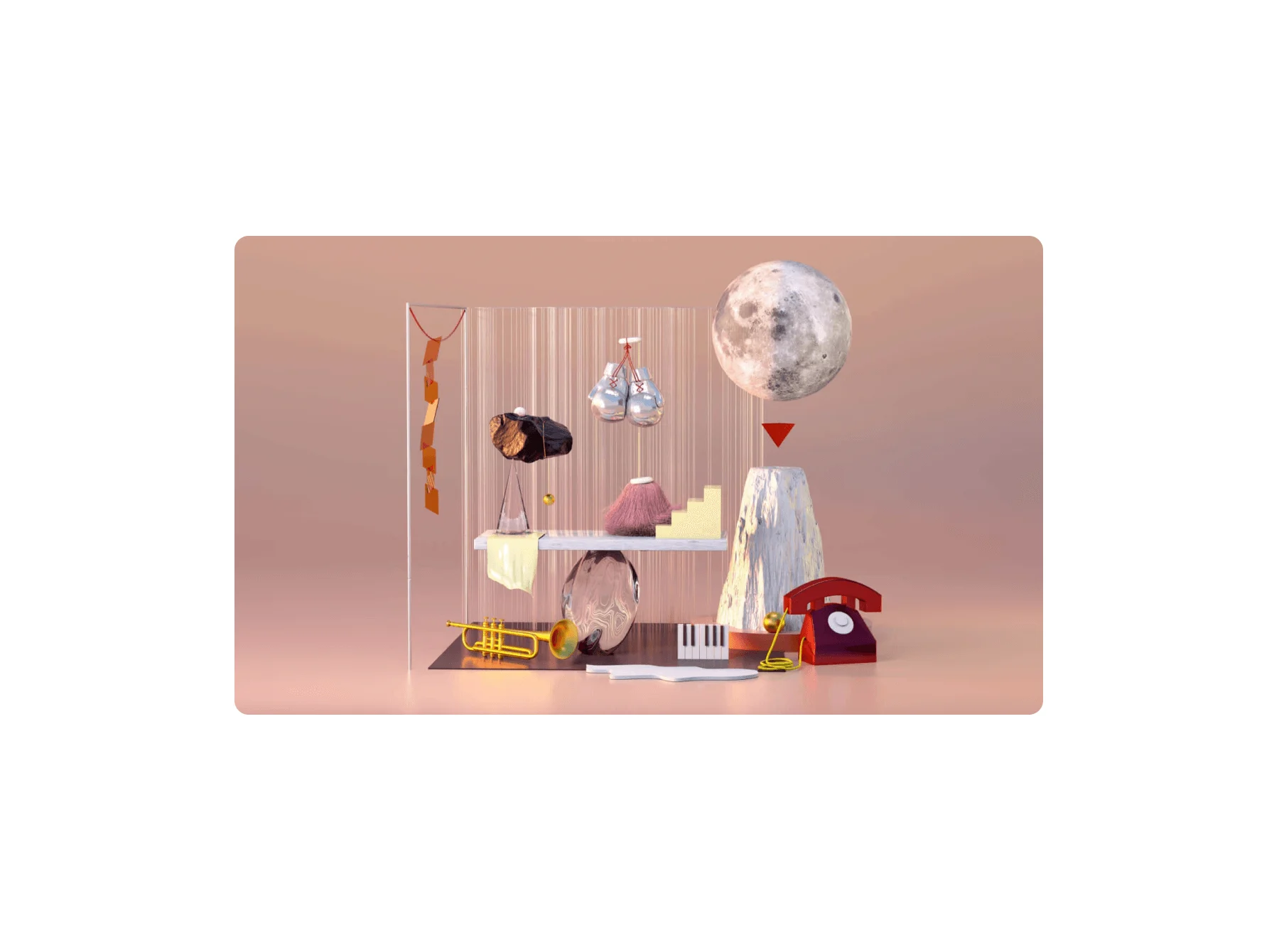
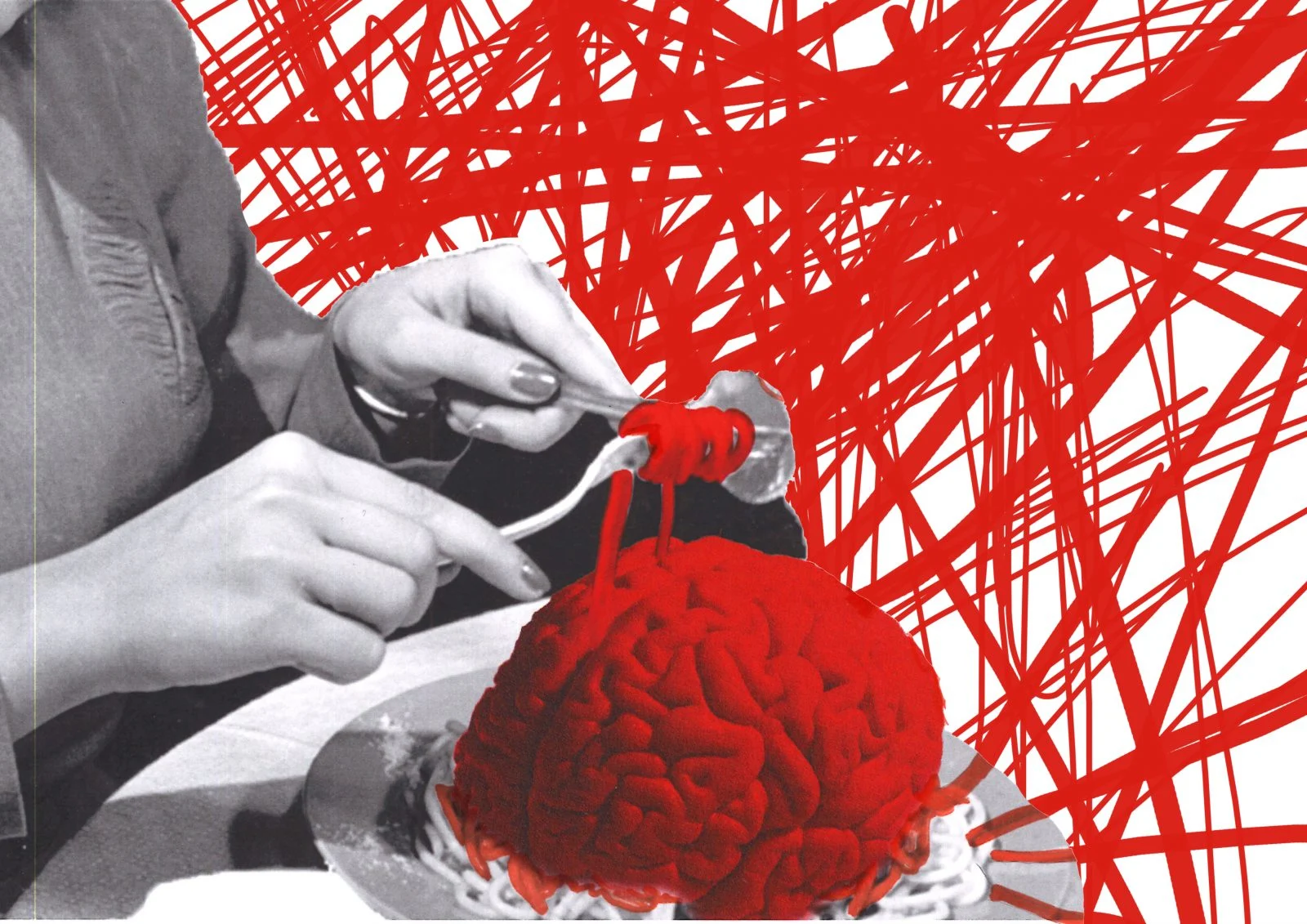
From Fyodor Dostoevsky to Paul Weller, the idea of the underground has long been a source of fascination and inspiration. It conjures the idea of a shifty, shadowy place away from prying eyes, but also a sense of freedom, a febrile space where innovative and subversive ideas can flourish, take shape and take hold.
That’s exactly the kind of atmosphere Nelly Ben Hayoun is hankering after in her newest initiative, The University of the Undergound. Nelly, who is our chief of experiences here at WeTransfer, is never short of ambition, and through her latest venture she wants to reimagine design education to change the world.
Alongside an eclectic team of collaborators, she plans to teach students how to change a system from within, to drive social dreaming and encourage them to think not in terms of the limitations of the established order, but in opportunities through disruption.
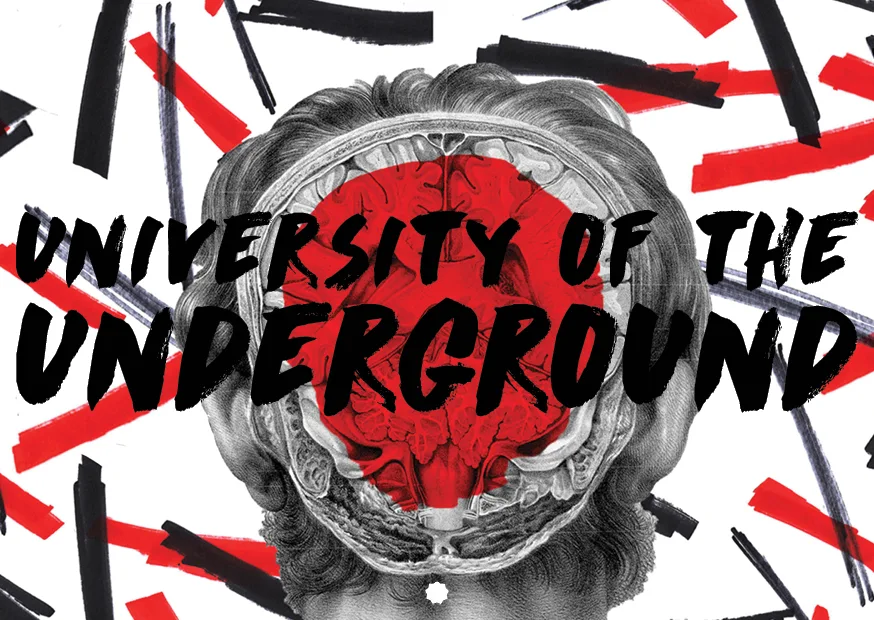
Oh, and importantly, the University of the Underground is free. Students will get two-year scholarships, funded by partners like WeTransfer, and some government money.
“We believe that design is not about one discipline, it’s about bridging this gap between several disciplines and tying them together, to actually formulate a practice with, as its main goal, creating social action and modifying how the order has been set,” she explains.
Nelly has assembled an incredible group of designers, makers, thinkers and academics, like Pentagram’s legendary partner Paula Sher, science fiction author Bruce Sterling and activist and feminist Jasmina Tesanovic. This group of tutors will work with what Nelly likes to call the “creative soldiers”; a cohort of dreamers who believe design moves into every sphere of society.

The students participating in the program will be embedded in five different institutions, working on five different briefs, with topics ranging from climate change to the music industry. “The first year is about total bombardment, teaching you about methods, techniques, linguistics – because of course when you want to work with a specific institution you need to understand their language.”
Nelly describes going underground as going on a journey – the students start at the bottom of the institution they’re working with and move up the ladder along the way.

“We are all here to support the students, to make them understand they can produce any type of work, that might not feel related to design. They could end up being mythologists, or they might become the next digital pioneer. We allow them to go and define their own role – they can create their own job title,” she says.
“However, our students will always remember where they come from; they are the rats of the cities, that’s what we try to support and nurture. How can you move from being a rat to becoming the president?”

Although the nature of disruption can sometimes be seen as quick and temporary, Nelly stresses that her vision is long-term.
“You don’t go into a community, do your project, and when it’s finished you leave them hanging. I want to teach students to stick with it. Too often this is the way creatives are seen – in and out. For me it is about a permanent establishment,” Nelly says.
“It is very research focused; they really have to dive in and have a deep understanding of the language of each of the systems they’re interrogating, to better tackle their problems and create disturbances.”
We believe that design is not about one discipline, it’s about bridging this gap between several disciplines and tying them together.
Obviously in the last few months the world has seemed to many to be spinning punchdrunk on its axis. Nelly’s idea for a new kind of university started some time ago, but she knows that now, more than ever, there is a need for a different kind of creative thinking.
“Supporting the arts for me starts in education – to tell the next generation that everything they want to do is possible, especially in the context when things are really difficult, where students start to believe that all the gates are closed,” she says.
“This is the moment to be really bold. The development of creativity dates back to the Neanderthals; it exists in humanity, it has always existed and will continue to do so. We just need to nurture that. Because without creativity, how can you define humanity?”
